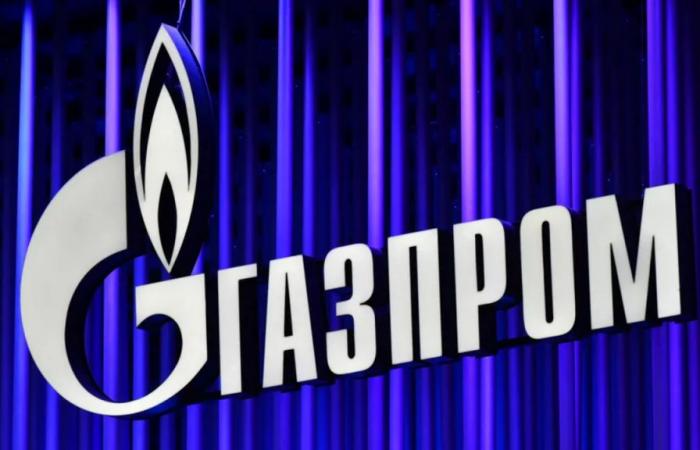The G7 countries, meeting at a summit in Italy this Thursday, June 13, agreed on a loan of 50 billion dollars for Ukraine, guaranteed by frozen Russian assets. The United States also announced new sanctions against companies linked to gas projects, in particular against a subsidiary of Gazprom. The Russian gas giant is in dire straits and is facing an accumulation of bad news.
This Wednesday, the German gas supplier Uniper announced that it had won its legal case against Gazprom, which had stopped delivering it after Russia’s invasion of Ukraine a little over two years ago. Uniper may well claim nearly 13 billion euros in compensation, an international arbitration tribunal has decided.
Earlier this week, already, Gazprom says it has never produced so little gas as in 2023. A fall in deliveries which had an impact on the group’s results: last year, the Russian giant recorded record lossesthe equivalent of more than 6 billion euros over the year.
To replace European customers, Russia would like to build a gas pipeline that would go from Siberia to China. But the project is slipping: negotiations between Beijing and Moscow have not made any progress recently.
Russia loses one of its gooses that lay golden eggs
Gazprom alone accounted for 8% of Russia’s GDP around fifteen years ago, with nearly 400,000 employees. For Thierry Bros, author of the book Geopolitics of Russian gas (Editions L’Inventaire), and professor at Sciences Po Paris, Vladimir Putin himself torpedoed Gazprom by forcing the company to restrict its gas deliveries to Europe from 2021, even before the invasion of Ukraine. But today the Russian state – majority shareholder of Gazprom – is probably not ready to come to the company’s aid, believes the researcher. “ The Russian state needs to win its war in Ukraine, but to win the war it needs moneyexplains Thierry Bros. This is becoming a problem in Russia which was not the case until recently. In this context, I find it hard to see the Russian government using its sovereign fund to buy shares in Gazprom. » to the group’s private shareholders. The company has already been forced to reduce its investments.
Is this the result of Western sanctions?
“ There are no European sanctions directly directed against Gazpromrecalls Thierry Bros. Gazprom continues to supply gas to Hungary, Austria… Countries whose governments are pro-Russian. The European Union today receives approximately as much gaseous gas as Russian liquefied natural gas (LNG): in total, around 15% of European demand is covered by Russian gas. », underlines the researcher.
Several countries, particularly in Western Europe, have reduced their orders for Russian gas, but Europeans therefore continue to partly depend on this gas.whether it comes from Gazprom or other Russian companies – for liquefied gas in particular (the latter being delivered by ship and not by pipeline).
For the moment, to avoid a sudden rise in energy prices in Europe, the United States is not taking stronger sanctions, but they could gradually tighten the noose in the months to come, Thierry Bros. anticipates.
Despite Gazprom’s difficulties and sanctions, the Russian economy is expected to grow by more than 3% this year, according to the International Monetary Fund (IMF). Growth driven by the military industry, but also supported by exports of oil, which Russia managed to redirect from Europe to China and India.






